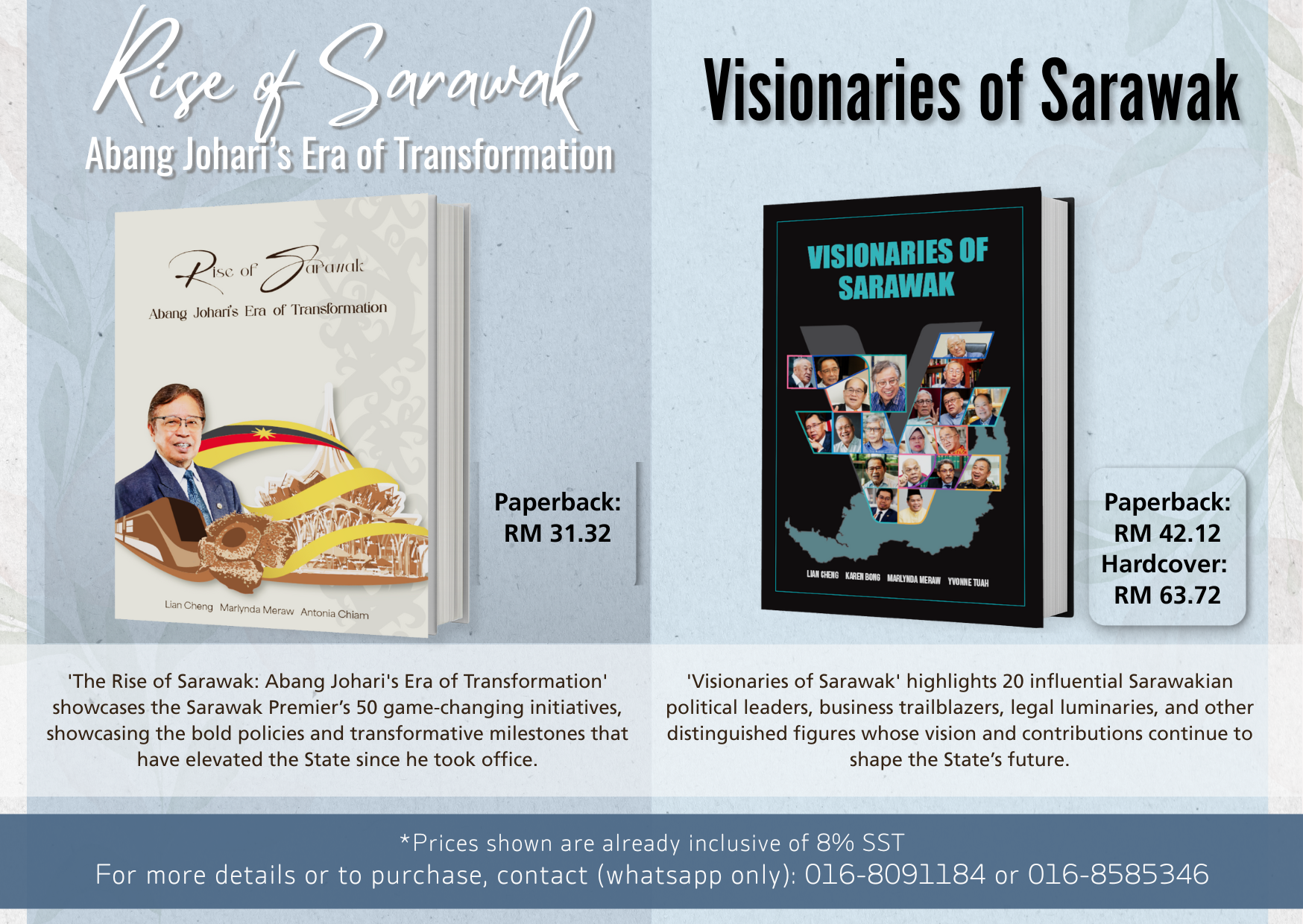
KUCHING, July 13: The parliamentary whip may have forced Barisan Nasional (BN) leaders to vote for the Petroleum Development Bill (PDA) in Parliament in 1974.
Datuk Patinggi Abang Johari Tun Openg said he came to this conclusion after going through Parliament records and hansards of that year.
“I am still studying what actually happened. According to the hansard, apparently all our (Sarawak) Members of Parliament voted (for the Bill), including at the time Tun Abdul Rahman Ya’akub, Tun (Pehin Sri) Abdul Taib Mahmud and Tan Sri Stephen Yong. I’m still studying because at the time 1974 there was BN (Barisan Nasional), and under BN there was such a thing as Parliamentary whip.
“So from that perspective, I thought that one of the reasons (for the voting of PDA) was because the whip was applied (on the leaders). So BN members had to comply and vote; otherwise, they might be threatened to be kicked out of the whole coalition,” Abang Johari said at a book launch at the State Library here this morning.
The book — ‘Deal, Datus and Dayaks – Sarawak and Brunei in the Making of Malaysia’ — was written by Professor Michael Leigh.
Abang Johari said under such trying circumstances in 1974, Sarawak leaders at that time would have no choice but to vote for the Bill (PDA).
“It could be one of the reasons. I hope to further study this based on the records and hansards and based on political arrangements at the time under BN. It’s interesting for us to learn, and that is why we exited BN to form Gabungan Parti Sarawak (GPS) now in order to have that independent position in the context of Malaysia,” he said.
Abang Johari reassured that present leaders in the state would pursue Sarawak’s rights within the context of the Malaysia Agreement 1963 (MA63) as well as within the context of Malaysia.
He was quick to point out that this intention did not mean Sarawak wanted to withdraw from Malaysia. He said the state merely wanted to ask the Federation of Malaysia to respect the rights of each individual territory in the right context.
He reminded Sarawak leaders to be conscious of the state’s rights as he believed that would be the basis for a happy Malaysia.
“If one of your family members is not happy, the whole family unit will be affected. In other words, if Malaysia wants to be a happy federation, it must make sure that the members of the federation are well looked after,” Abang Johari asserted.

He also took an indirect swipe at Petronas for claiming exclusive rights to all oil and gas resources in the country, including Sarawak.
He led those present down memory lane by telling them that Sarawak was ruled by the White Rajahs after Brunei, and it eventually became a British colony. But the structure was really based on the concept of real government brought by the Brookes at that time. Sabah is different because it was ruled by a company called the North Borneo Chartered Company. This meant the government was more or less similar but the structure wasn’t the same.
In Sabah, the company also made an agreement with the Sultan of Suluk. But in Sarawak, the White Rajahs ruled using a concept that was based on the British government, where the voice of the people in the Council Negeri, administration of native rights as well as social developments were all in the mix.
“That’s why we have to be very careful in safeguarding our unique traditions as well as the way we look after Sarawak. We do not want the modern day North Borneo Chartered Company to rule Sarawak.
“That modern day company (Petronas) said they have exclusive rights over our resources. That cannot be. We will oppose because the concept of government is based on the voices of the people. It doesn’t mean you can take whatever are our rights, especially from a corporate entity,” he stressed.
Abang Johari said he would fight to ensure good governance prevailed and the voice of the people is respected under the concept of parliamentary democracy. — DayakDaily








